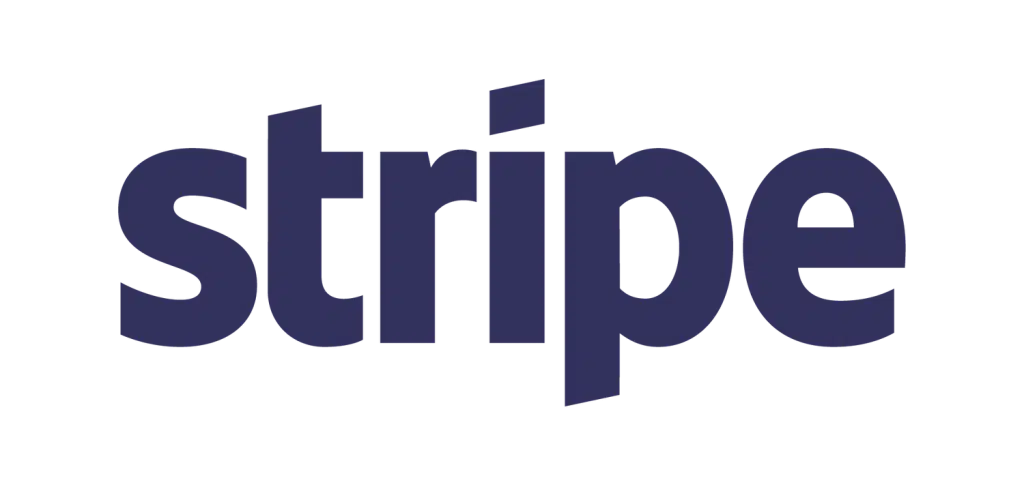Eyeing an opportunity among cash-strapped small businesses, Stripe Inc. has jumped into the virtual credit card game with the launch of a charge card program for Stripe Issuing, the San Francisco-based processor’s commercial card program. The new program will be offered through fintechs serving small businesses.
Announced late Thursday, the offering is intended to make it easier for small and medium-size businesses to access credit in an era of rising interest rates and tighter credit. Indeed, a recent survey of small-business owners by investment banks Goldman Sachs revealed that 77% of small and medium-size shops said they were concerned about access to financing.
Fintechs can use Stripe Issuing to offer shops virtual or physical charge cards that enable them to make purchases using a line of credit. Businesses can spend up to their credit limit and pay back the outstanding balance at the end of each month. Previously, Stripe-issued cards had to be backed by a prefunded account.

“Whether a small business is just starting out or looking to expand, access to capital can make all the difference,” Denise Ho, head of product for banking-as-a-service at Stripe, says in a statement. “Our new charge card allows fintechs and [software-as-a-service] platforms to provide access to a reliable source of credit for the many small businesses they work with.”
The attraction for fintechs serving small businesses, Stripe says, is that the new program provides platform providers with a ready-made card issuing utility that includes funds flows, network connections, printing, and integrated application programming interfaces. Through its bank partnerships, Stripe says it will also provide cardholder collection services while covering lending compliance and licensing requirements.
Once a transaction is made, fintechs and platform providers send funds to Stripe after the settlement date. The idea is to reduce the funds they need to keep in reserve, freeing that cash for other purposes, according to Stripe. Most charge-card programs require the platform issuing the card to cover the transaction immediately, which requires them to maintain large cash balances.
Fintechs can set individual credit limits and repayment schedules, including flexible weekly, monthly, or set-day repayment options, Stripe says. When businesses need to collect repayment, they can use Stripe’s suite of products, including options such as Stripe’s invoicing platform and Stripe Checkout, the processor’s hosted payment page.
U.S. fintechs testing the new program include Ramp Business Corp., Emburse Inc., Karat Financial Technologies Inc., and fleet-card provider Coast. Stripe plans to expand the program to the United Kingdom and Europe.
“Building a charge card program is a daunting task. Stripe provided immense value in planning and launching our program quickly,” Michael Cohen, vice president of partnerships for Ramp, says in statement.
Since the launch of Stripe Issuing in 2018, platforms and fintechs have issued more than 100 million cards in the U.S., the U.K., and Europe.





